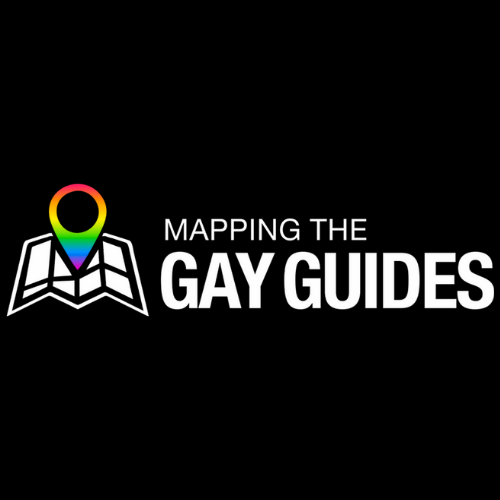
Using a subset of the data digitized for this project, we have written a forthcoming article for Southern Quarterly entitled “Mapping the New Gay South: Queer Space and Southern Life 1965-1980.” In this article, we argue that the appearance and utilization of gay space as an integral part of southern life helped create what we refer to as “the New Gay South,” a robust but close-knit network of queer geography far from the gay meccas of San Francisco or New York.
MGG has recently received a three-year grant from the National Endowment for the Humanities to support the expansion of Mapping the Gay Guides. This generous support comes from the Humanities Collections and Reference Resources program within the NEH’s Division of Preservation and Access. The funding will allow MGG to expand to include another twenty-five years of data representing an estimated 100k more locations. Notably, this expansion will allow the project to study changes in the LGTBQ spatial landscape during the AIDS crisis, the Don’t Ask Don’t Tell policy and more. You can read more about the ways in which MGG will expand thanks to this NEH funding on the project’s blog.